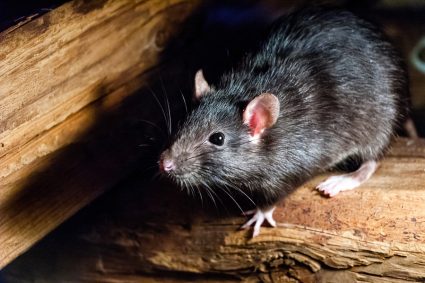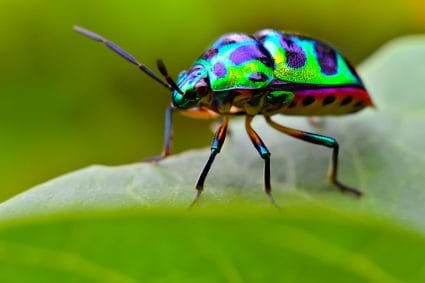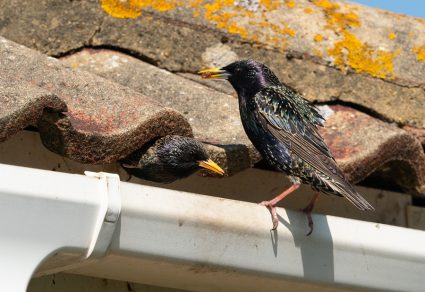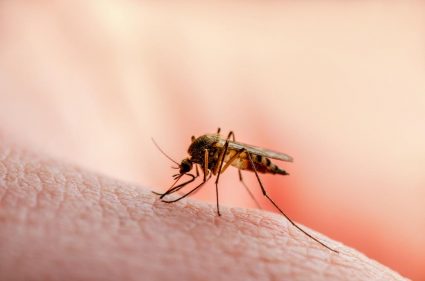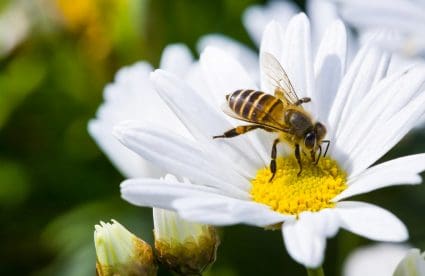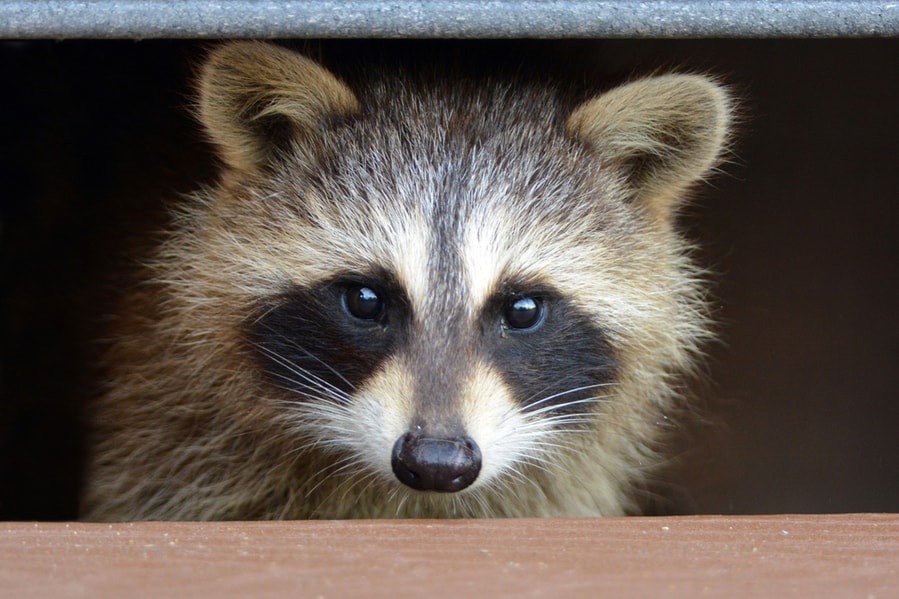
You may have heard strange noises emerging from your deck and noticed some destruction in your garden, but you may not realize that Raccoons are causing these issues.
Raccoons can wreak havoc on homeowners if they get underneath the deck or into your shed or garage. Not only do they cause destruction, but they can also spread disease.
There are a few reasons why a raccoon is attracted to your deck. If you have a lot of greenery or garbage around, that could be part of it. Ultimately, three main things will draw a raccoon to your deck:
- Food
- Water
- Shelter
Hence, the best solution is to remove whatever attracts them first.
If you’ve been dealing with raccoon infestations and want to learn how to safely and humanely eliminate them, this blog post is for you.
We will discuss how to evict them from your property, identify the signs of a raccoon infestation, and common prevention methods, so you don’t have to deal with this nuisance again.
What To Know Before You Get Rid of Raccoons
If you’re dealing with a raccoon problem and considering getting rid of these animals, you should know a few things first. For one, it’s important to ensure that the animals causing the destruction are raccoons and not other animals like possums or skunks.
Raccoons are generally larger than these other animals, with males weighing around 20-30 pounds and females around 15 pounds. They also have distinctive black “mask” markings around their eyes.
Once you’ve confirmed that you’re dealing with raccoons, please take a moment to consider whether or not you want to get rid of them yourself.
If the animals are causing damage to your property or pose a danger to your family or pets, then it may be worth getting rid of them.
How To Get Rid of Raccoons Under Deck
Getting rid of raccoons is a bit tricky. If you’ve decided to eliminate them, you can try several different methods. You have to ensure that you do it safely and effectively so that the animal does not return. Here are five ways to get rid of raccoons under the deck:
1. Intense Light
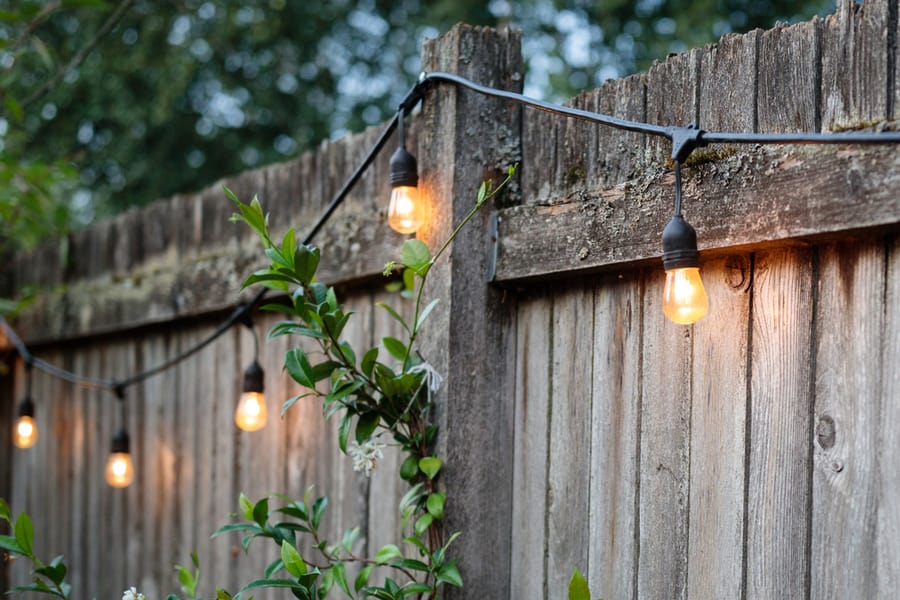
Keeping your lights on at night can help deter raccoons from residing under your deck. Raccoons are nocturnal animals, so they are more active at night.
Keeping your outdoor lights on will make it more difficult for raccoons to approach your property without being seen.
Additionally, the light will make it harder for them to hide, which may make them less likely to stay under your deck.
You can also set up motion-activated lights or sprinklers in the area, which will startle the raccoons and make them want to leave.
2. Loud Noise
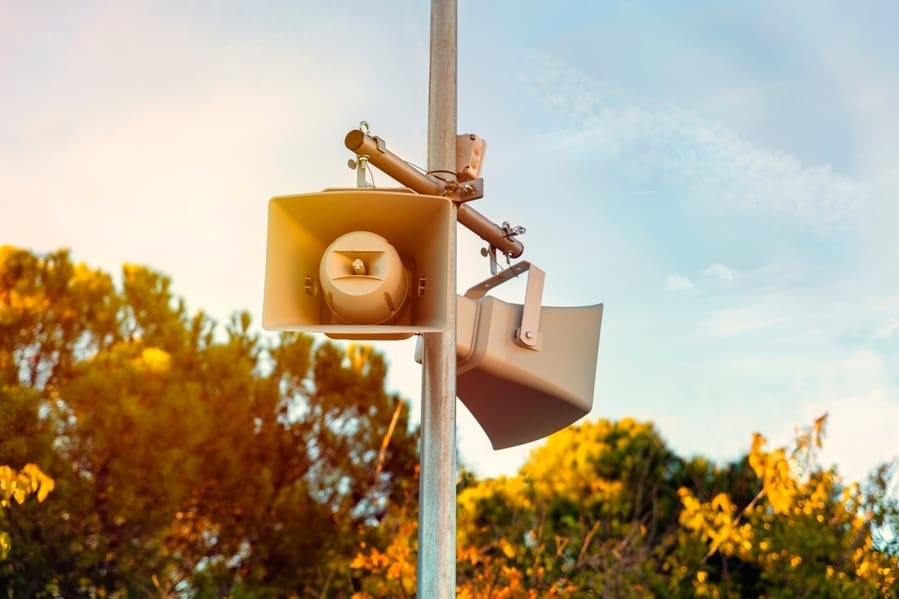
Raccoons are skittish creatures, and they don’t like loud noises. However, you can make noise around your deck in a few different ways. One option is to play music at a high volume.
Another option is to bang on pots and pans or other items that will make a loud noise.
Making noise is usually a very effective way to get rid of raccoons, but it’s important to keep up with the noise regularly. Otherwise, the raccoons may become used to it and no longer be scared off by the noise.
3. Unpleasant Smell

Another effective way to make the area less attractive is to make it smell unpleasant. Raccoons have a very acute sense of smell so strong odors can be off-putting them.
You can try putting out ammonia-soaked rags or sprinkling cayenne pepper around the perimeter of your deck. You can also try spraying a mixture of water and vinegar around the area.
The goal is to make the area as unpleasant as possible for raccoons so that they’ll find someplace else to go.
4. Food Sources

Raccoons are attracted to areas that provide them with an easy food source, so removing any potential food sources will help deter them from taking up residence under your deck.
Common outdoor foods that raccoons enjoy include garbage, pet food, and bird seed.
If you suspect raccoons are getting into your garbage cans, invest in tight-fitting lids or keep the cans inside a shed or garage.
If you feed your pet outdoors, bring their food bowls inside at night so that raccoons can’t access them.
And if you have a bird feeder, consider taking it down or placing it away from your house so that raccoons don’t associate your property with an easy meal.
5. Water Sources

In addition, you should also take steps to eliminate any potential sources of water.
Raccoons need access to water for drinking and bathing, so eliminating standing water sources such as puddles, ponds, or leaky hoses will help discourage them from making a home under your deck.
If you think you may have a raccoon in your house, there are several things you can look for to be sure. Here are a few telltale signs:
- Smudge marks on your walls or around your doors and windows.
- Hearing strange noises coming from your attic or ceiling at night.
- Any damaged insulation or chewed wires in your home.
If you see any of these signs, it’s best to call a professional to help remove the animal from your property.
Natural Raccoon Deterrents
Raccoons are intelligent and resourceful animals that can cause great damage to your property if they decide to take up residence. There are several ways to deter raccoons from making your home their own, and implementing a natural method is often the best.
Here are four natural raccoon deterrents that can help keep these pesky creatures away:
Ammonia
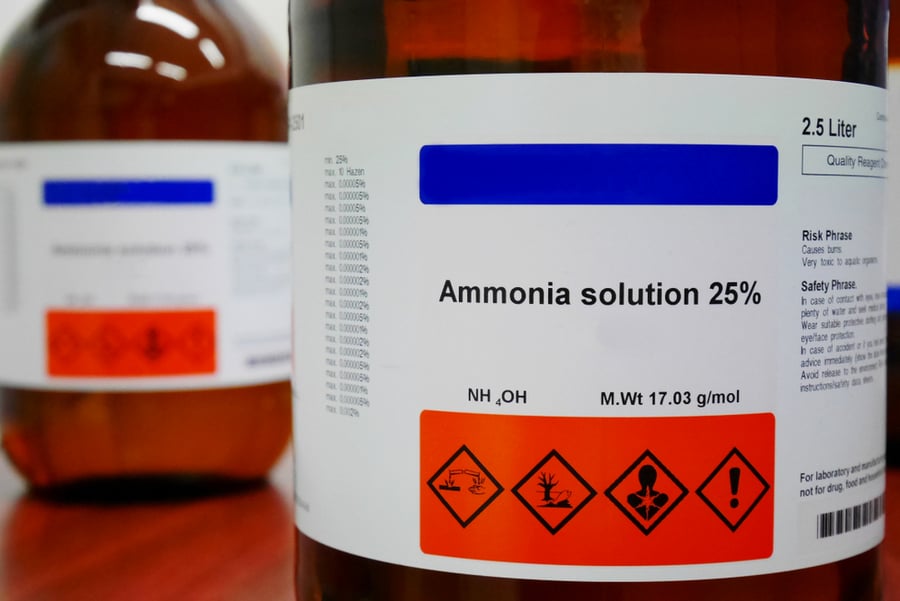
Ammonia is a powerful scent that raccoons find unpleasant. Soak some rags in ammonia and place them around the perimeter of your property or near any areas where you’ve seen raccoon activity.
Be sure to renew the ammonia every few days, as the scent will dissipate.
Cayenne Pepper

Raccoons don’t like spicy food, so sprinkling cayenne pepper around your property can help deter them. You can also make a DIY spray by mixing cayenne pepper with water and spraying it around problem areas.
Just be careful not to use too much pepper, as it can irritate your skin and eyes if you come into contact with it.
Predator Urine
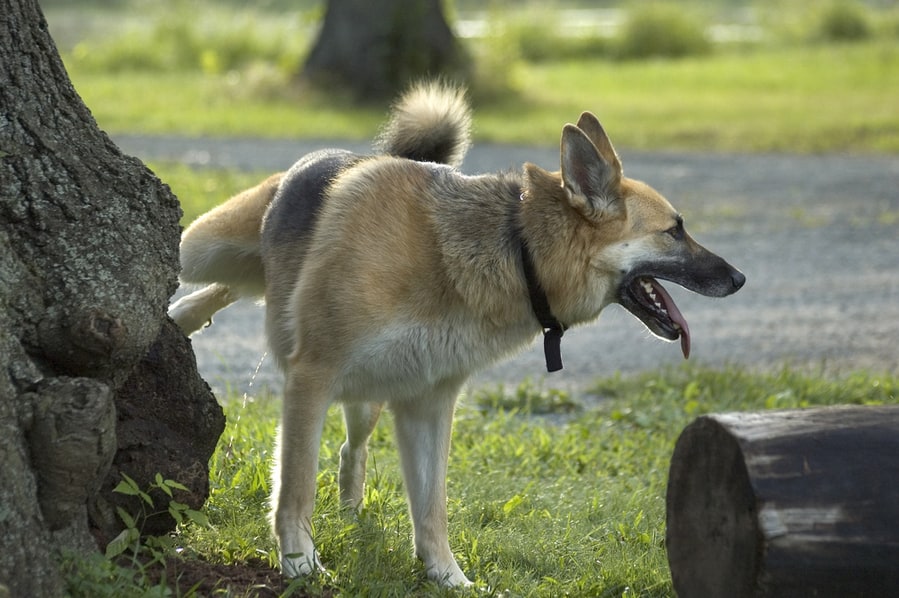
Another way to simulate the presence of predators is to use urine from animals that raccoons fear, such as dogs or coyotes.
You can purchase commercial products that contain predator urine or collect urine from a pet or neighbor’s animal yourself (be sure it’s fresh).
Mothballs
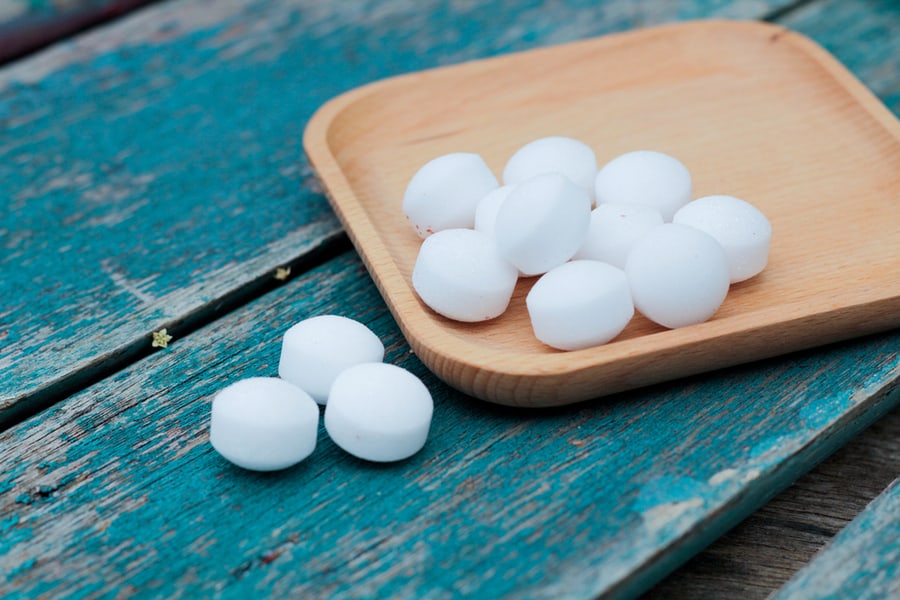
Mothballs are another option for deterring raccoons. They are small balls of chemicals that release a strong smell when they come in contact with air.
Mothballs are typically made of Naphthalene or Para-dichlorobenzene, two substances that evaporate quickly and have a strong odor.
When these chemicals are released into the air, they create fumes that repel raccoons and other animals. Just be sure to use them safely and only in well-ventilated areas, as they can be toxic if inhaled.
Conclusion
Therefore, getting rid of raccoons under your deck requires a combination of physical and psychological deterrence methods.
You can effectively keep these pesky creatures away from your property by taking the necessary steps.
With the right approach and guidance, you can ensure that those raccoon intrusions stay firmly in the past!
Frequently Asked Questions
Do Raccoons Pose a Health Risk to Humans?
As it turns out, raccoons can carry several diseases that can be transmitted to humans. These include rabies, Giardia, and roundworm.
While the risk of contracting these diseases from a raccoon is relatively low, it is still important to take precautions when dealing with them.
Does Epsom Salt Prevent Raccoon Infestation?
Epsom salt is an effective and natural way to keep raccoons away from your property. When mixed with water, it creates a solution sprayed on areas where raccoons are likely to enter or congregate.
The salty taste will deter them from returning; over time, they will learn to avoid the area altogether.
In addition to being safe for humans and animals, Epsom salt is environmentally friendly and will not harm vegetation.



